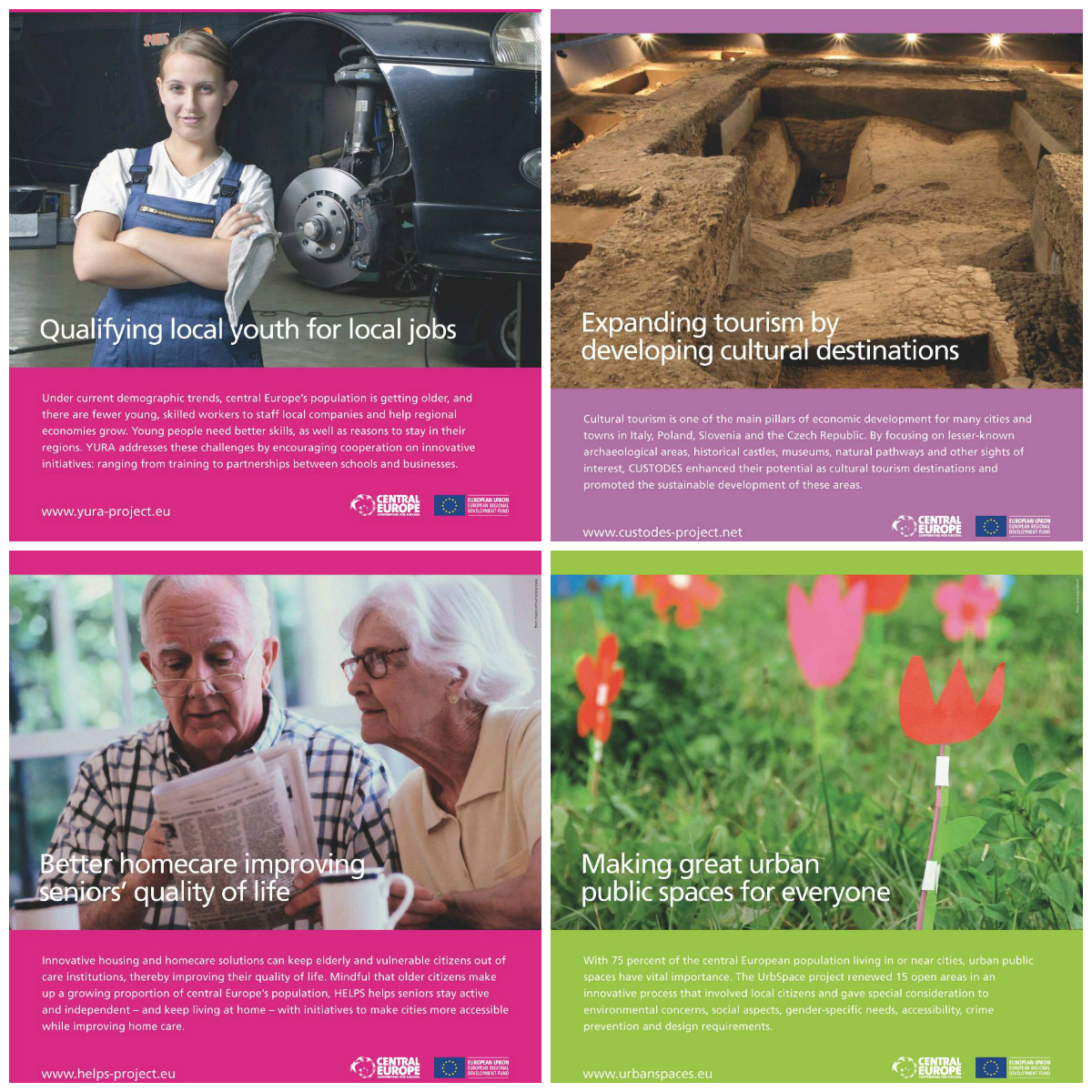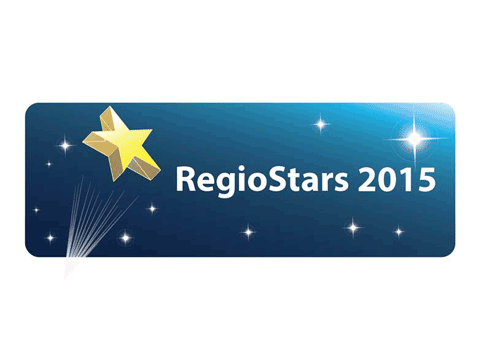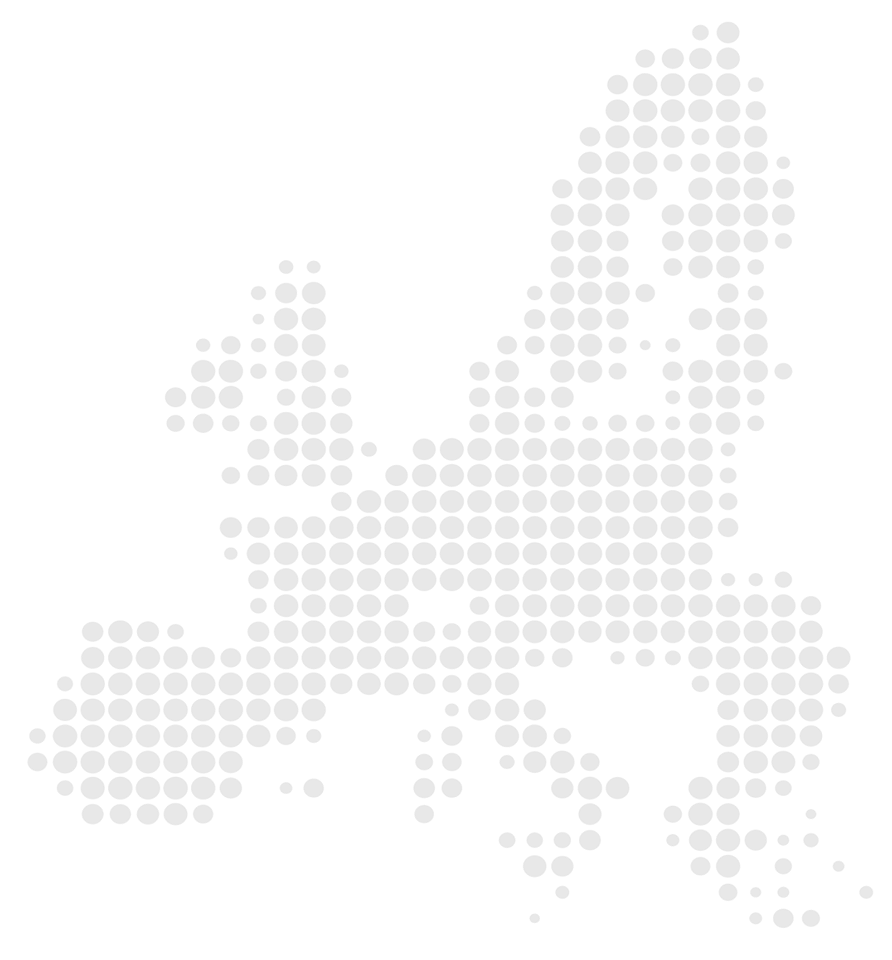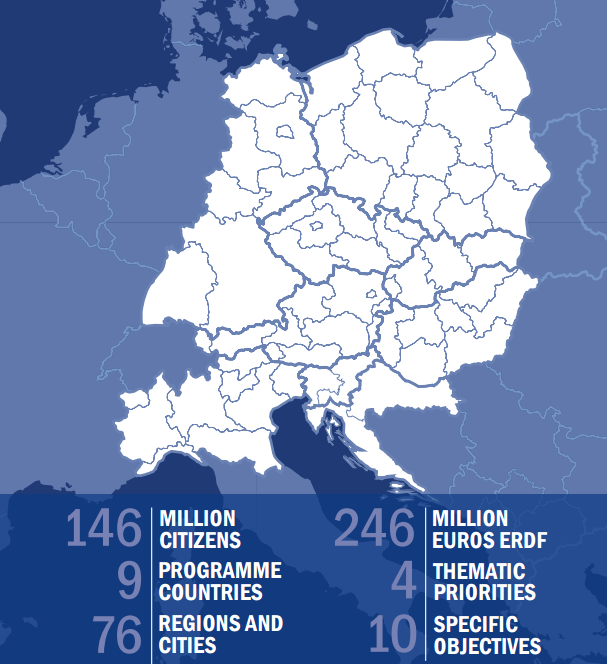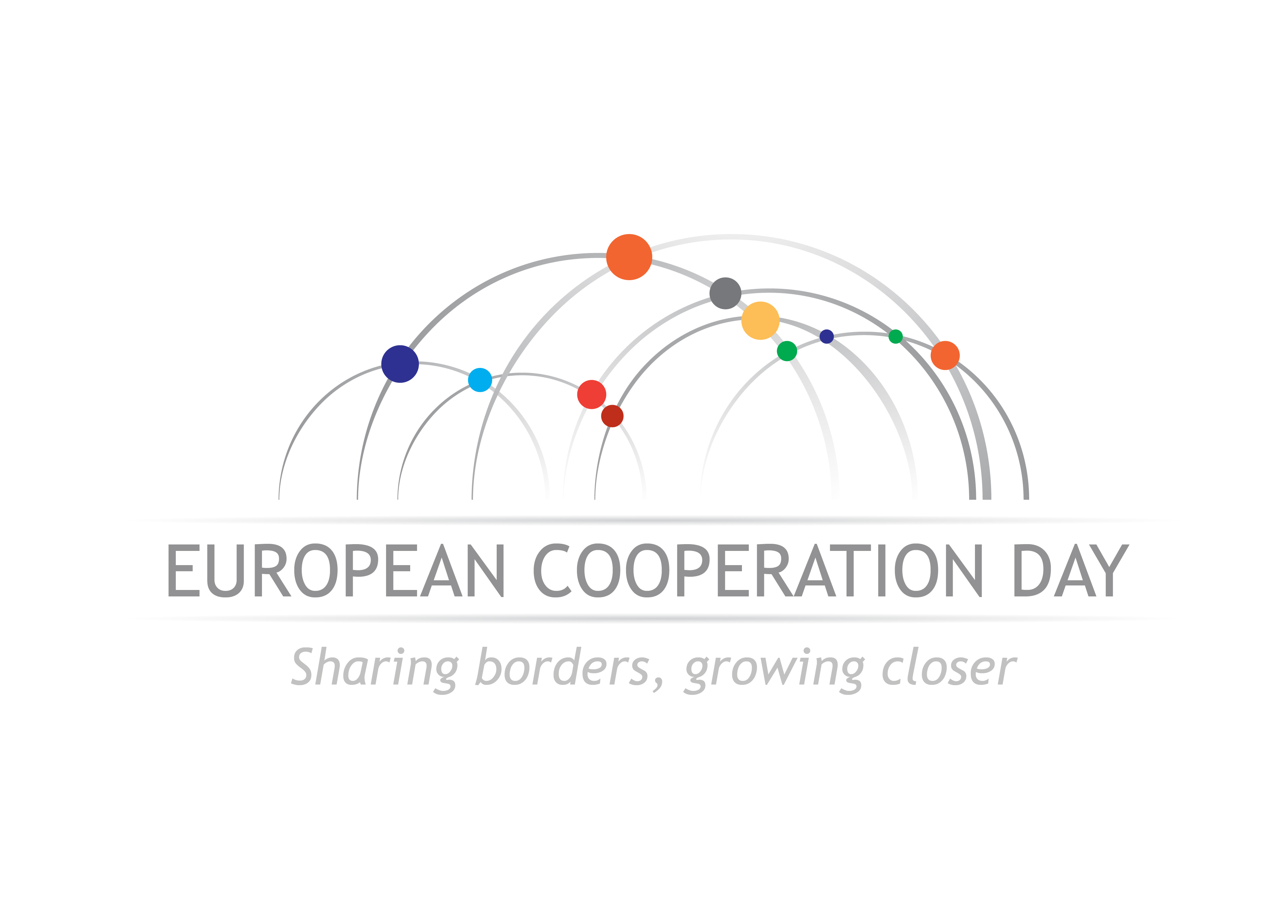The second call on European policy experimentations in the fields of education, training and youth (KA3) under the Erasmus+ programme will be published soon.
Priorities for the call for proposals on European policy experimentations will be:
1. Promoting fundamental values through Education and Training addressing diversity in the learning environment
2. Employment and Skills: validation of informal and non-formal learning in Education and Training
3. Strengthening teacher training education by using the opportunities of new technologies (School education)
4. Towards more innovative and entrepreneurial higher education institutions through institutional change (Higher education)
5. VET teachers and trainers in work-based learning/apprenticeship (VET)
6. Implementation of a framework for the assessment of the effectiveness of adult learning policies
7. Reaching out: developing capacity for tackling and preventing marginalisation and violent radicalisation among young people
Download the 2016 Annual Work Programme, adopted and published on 14 September 2015
More information: website of EACEA.
Category: News

The Central Europe Programme and the Representation of the European Commission in Prague opens a programme’s PORTRAITS exhibition with a vernissage on 19 October 2015 in Prague, Czech Republic. The PORTRAITS exhibition of the CENTRAL EUROPE Programme looks back at what has been achieved by transnational Interreg projects since 2007. Since 2007 the CENTRAL EUROPE Programme encourages regional cooperation among central European countries. We fund transnational projects through the ERDF.
It is a travelling collection of posters portraying all 124 Central Europe projects, which helped to improve regional and urban innovation, the use of natural and cultural resources, energy efficiency as well as transport and mobility. Collectively, the posters represent the diversity of achievements, which contribute to ultimately making central Europe cities and regions better places to live and work.
The exhibition is held in the Representation of the European Commission in Prague, and will be open to the public from 20 October to 11 December 2015, free of charge. The adress is Pod hradbami 17 160 00 Praha 6.
Here some photos of previous exhibitions.
European Development Agency is part of a consortium of ELMI project (Enhancing labour market integration of elderly family carers through skills improving), which aims to help informal caregivers to access the labour market after their caregivers role is over.
This summer, the pilot testing of e-learning course (created on the base of the Italian model of the organization Anziani e non solo) was running.
During testing, the selected participant (informally caring for their relatives) went through the entire course and quiz at their homes. Those participants, who filled the quiz successfully, obtained Certificate of completion of the course.
They all provided feedback on the quality and usefulness of the course, which indicated the user-friendliness and concise information.
Read more about the results in the 3rd project press release, which can be downloaded here.

More information about the project you can find on the EUDA website here.

European Development Agency represents the Czech Republic in the international project consortium of the project ELMI (Enhancing labour market integration of elderly family carers through skills improving) funded by the Leonardo Da Vinci programme (project number 2013-1-RO1-LEO05-28764).
The main activity of this project is the transfer of e-learning training course for informal caregivers from Italy to Romania and the analysis of its potential transfer to Poland and the Czech Republic. The goal is to help the informal caregivers in their care role and offer them new skills to re-enter the labour market.
For more information about the project please visit the EUDA website here.
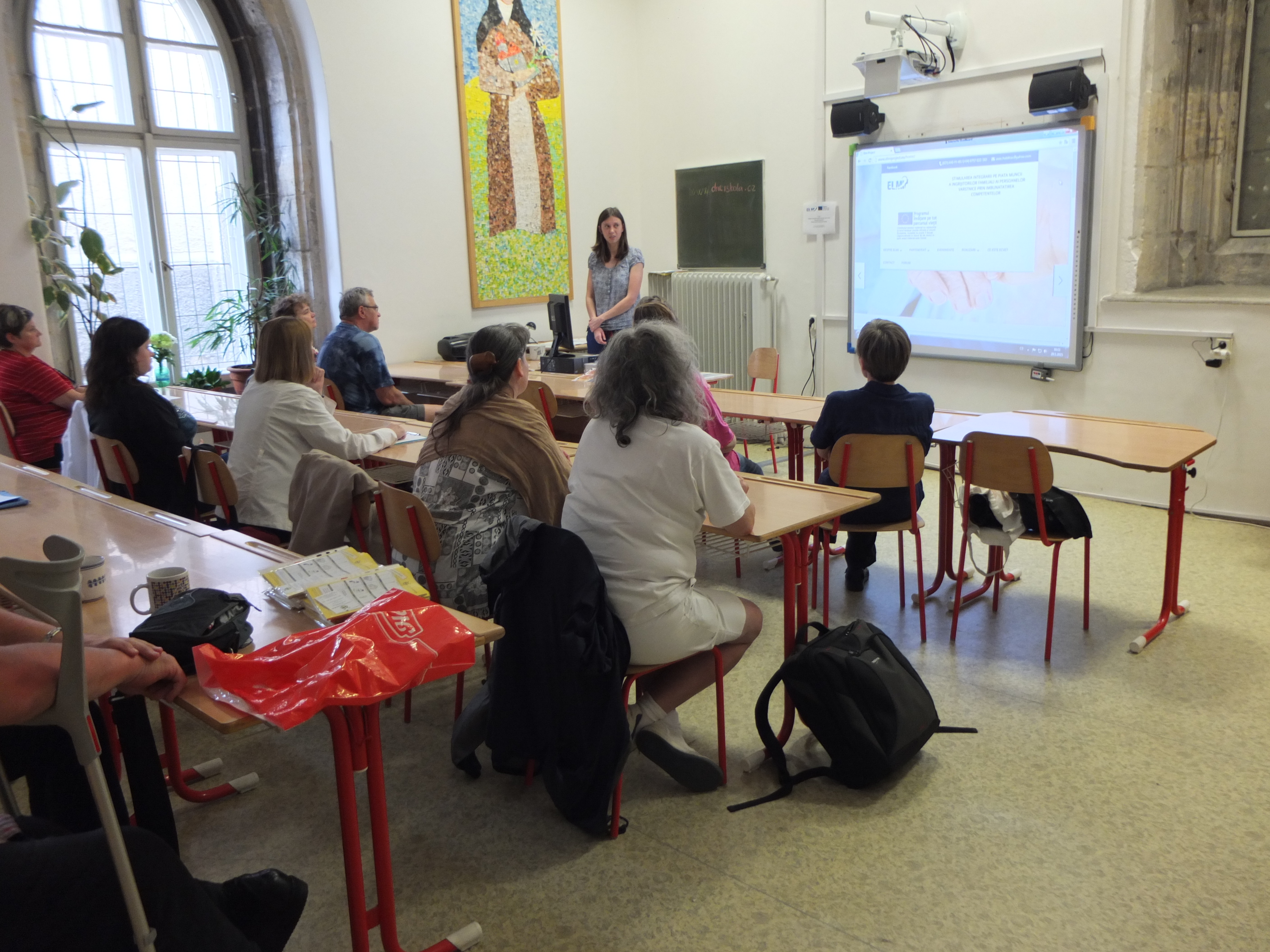
In the Czech Republic, the pilot testing of 2 course modules began on the 29th of May 2015, when initial meeting of 10 project participants (informal caregivers) was held. The meeting was organized in cooperation with the association Totum, which deals with support of both formal and informal caregivers. The aim was to introduce the project and to explain how to use the e-learning course. The next phase of testing will take place already at each caregivers home, through an Internet platform.
On this occasion, the second project newsletter was published – you can download it here.
The objective of RegioStars 2015 is to identify good practice in regional development and to highlight original and innovative projects or support schemes that could be inspiring to other regions and project managers. Eligible projects or support schemes have been co-financed by the European Regional Development Fund, the Cohesion Fund, the European Social Fund, or the Instrument for Pre-Accession Assistance.
There are four RegioStars Award categories for 2015:
- Smart Growth: Unleashing SME growth potential for a digital economy
- Sustainable Growth: Mobilizing investments in energy efficiency for the benefit of citizens and society
- Inclusive Growth: Integrating in society those at risk of social exclusion
- CityStar: Transforming cities for future challenges
The European Commission announced on the 26th june the finalists for the RegioStars 2015 awardss, 17 finalists from 143 entries on the basis of four key criteria:
- Innovative character of the project
- Impact (or expected impact) of the project in terms of initial objectives REGIOSTARS 2015
- Expected financial sustainability of the project: Evidence could include development towards self-financing or demonstration that the project has or will be part of a succession of projects sequentially funded by other EU financial instruments
- Possibility to extrapolate good practices of the project to other regions. Project’s results in enhancing local, regional and interregional partnerships: Evidence could include demonstration that the project has inspired other regions’ projects/programmes or that good practices were shared with other regions.
The finalists come from regions and cities in 15 Member States: Austria, Bulgaria, Czech Republic, Denmark, France, Greece, Hungary, Italy, Ireland, Poland, Portugal, Romania, Spain, Sweden, and the United Kingdom. The four final winners will be announced during the 2015 OPEN DAYS event in Brussels from 12 to 15 October 2015.
Commenting on the selection, European Commissioner for Regional Policy Corina Creţu said, “I congratulate all finalists, as those projects selected by the Jury serve as best practices examples for other regions and cities of the kind of investments we want to see more in the future. This year’s finalists are model projects in SME growth, energy efficiency, social inclusion, and urban development, all with the aim of improving the quality of life of their citizens. Being a finalist for the RegioStars Awards is not only a quality label designating a great project, it is also international recognition for regions and cities for their innovative and creative approaches in the use of EU funds.”
Source: InfoRegio
Article by Nora Lázaro
The Education, Audiovisual and Culture Executive Agency of the European Commission has announced new deadlines for application in the Europe for citizens programme. The deadline for both open calls is on 1st of September 2015 and the programme is open for municipalities and non-governmental organisations that want to implement international projects in different topics.
The aim of this programme is to contribute to citizens’ understanding of the EU, its history and diversity and to foster European citizenship and improve conditions for civic and democratic participation at EU level.
The programme offers funding support in two areas: European Remembrance and Democratic engagement and civic participation. The open calls refer to the second priority and the following two activities will be supported:
1) Town twinning: Projects will bring together citizens from twinned towns to debate issues from the European political agenda. They will develop opportunities for societal engagement and volunteering at EU level.
- Project duration: maximum 21 days
- Grant amount: maximum €25 000 per project
2) Networks of towns: Towns are encouraged to cooperate with other towns on a long‑term basis to explore particular topics or themes, share resources or interests, gain influence or face common challenges.
- Project duration: maximum 24 months per project & maximum 21 days per event
- Grant amount: between €10 000 & €150 000.
The European Development Agency helps candidate partners with the application procedures to successfully fund their projects. Our municipality partner network candidates includes:
- Municipality of Ústí nad Labem
- Municipal District of Prague 4
- Municipal District of Prague 5
- Municipal District of Prague 9
- Municipality of Bělá nad Radbuzou
- Local Action Group Mezilesí
- Local Action Group Podlipansko
Please contact us if you are looking for Czech partners!
After the success of the first edition in 2014, the European Commission has launched seeks the European Capital of Innovation for 2016, to celebrate the European city which is building the best “innovation ecosystem”- connecting citizens, public organizations, academia, and business. The award is addressed to cities over 100.000 inhabitants from EU Member States and Associated Countries to Horizon 2020, the European research and innovation programme.
The winner of the “European Capital of Innovation Award 2016” will be selected among the cities’ actual achievements and the potential intended scaling up activities against the following award criteria:
- Innovative
- Inspiring
- Integrated
- Interactive
- Impactful
It will aim to provide European level recognition to those cities that make the most to promote innovation within their communities and thereby improve the quality of their citizens’ lives. It will address the challenge of fostering innovation through actions at city level, by acknowledging innovative solutions to build up an innovation ecosystem and ideas to further expand and scale up these initiatives, thereby leveraging and inducing further systemic innovation in cities.
The deadline for submission of applications 18 November 2015 at 17:00 (Brussels time) and applications are submitted through the Participant Portal.
European Cross-Border cooperation, known as Interreg A, supports cooperation between regions from at least two different Member States lying directly on the borders or adjacent to them. It aims to tackle common challenges identified jointly in the border regions and to exploit the untapped growth potential in border areas, while enhancing the cooperation process for the purposes of the overall harmonious development of the Union. This article aims to framework the Czech cross-border cooperation programmes that have been lately approved.
The European Commission has adopted a new cross-border programme for the Czech Republic and Poland on September 23rd 2015. This “Interreg” programme covers eight regions on both sides of the border and is worth more than €266 million, with a contribution from the European Regional Development Fund of €226 million. The programme covers different issues:
- The programme puts particular focus on indirect support for employment by tapping into the potential of the tourism sector.
- Despite the fact that tourism constitutes an opportunity for economic development in this mountain area, at present this potential is not exploited enough, mainly due to poor transport infrastructure.
- The programme includes measures aimed at improving the skills of youngsters and eliminating administrative barriers, which hamper their entry into the common labour market, especially regarding the mutual recognition of qualifications. The regions are particularly struggling with a high unemployment rate among young people. The lack of appropriate skills, including linguistic ones, constitutes an obstacle to exploring opportunities linked to a border location.
- The programme will address the issue of risk prevention. An integrated risk management system is envisaged, covering legal, technical, and procedural aspects.
European Commission has also invested more than €90 million to tackle the main cross-border challenges in the Czech-Slovak regions. A key focus will be on cross-border initiatives to boost:
- Small and medium-sized enterprises (SMEs) innovation by increasing cooperation SMEs.
- Strengthen research and promote cooperation between and research institutes and SMEs.
- Protect the environment promoting the sustainable use of the regions’ natural and cultural heritage.
With national funding included the budget of the programme amounts to more than €106 million.
The Czech – Saxony programme cross-border programme was also approved by European Commission lately. The total budget of the programme is EUR 255 million, of which EUR 191.3 million will be provided by the EU Structural Funds. This programme revolves around five priorities and technical assistance measures. Its overall objective is to increase competitiveness and improve living conditions in the border area of Saxony and the Czech Republic.
- Economic development and co-operation between businesses
- Infrastructures
- Environmental and spatial development of the area
- Human resources and networks
- Special support for border regions
- Technical assistance
Interreg V-A – Germany/Bavaria-Czech Republic Cooperation programme also addresses the most important cross-border challenges which are linked to the implementation of the Europe 2020 strategy in the Bavarian-Czech border region. The programme will focus on the following four priorities:
- Strengthen the capacities in research, technological development and innovation
- Conserving and protecting the environment and promoting resource efficiency
- Investment in education
- Sustainable networks and institutional co-operation
The European Commission has adopted too the new cross-border cooperation programme between Austria and the Czech Republic. The programme is worth more than €97 million from EU Regional funds. With national “co-financing” included, it will be worth more than €115 million in investments to tackle the most important cross border obstacles confronting the regions. The programme’s main focus is on
- Environment, conservation, promotion and development of natural and cultural heritage. It will also support projects which aim to protect biodiversity and to test and develop new environmental technologies. Among the results: Better developed and more attractive destinations for sustainable tourism, better protected habitats, increase in eco-innovation applications.
- Human resource development,education and qualification activities increasing human resource potential for local SME.
- Strengthening research, technological development and innovation
- Sustainable networks and institutional cooperation, for better coordination of public services, increased intercultural understanding.
Together with bilateral cooperation policies, Czech Republic is member of Interreg CENTRAL EUROPE programme, a European Union cohesion policy programme, managed by the City of Vienna. Since 2007 the programme has encouraged transnational cooperation among cities and regions of eight central European countries: Austria, the Czech Republic, Germany, Hungary, Italy, Poland, Slovakia, and Slovenia. Croatia now joins the programme as the ninth Member State.
The main investment priorities are:
- Cooperating on innovation to make central Europe more competitive: projects will aim at more effective investment in research, innovation and education and will also address regional disparities in knowledge and education.
- Cooperating on low-carbon strategies in central Europe: projects to increase the use of renewable energies and improving energy efficiency while exploiting opportunity for new jobs in the low-carbon sector.
- Cooperating on natural and cultural resources for sustainable growth in central Europe: projects to help protect and manage natural and cultural heritage, increasingly vulnerable to environmental and economic pressures
- Cooperating on transport to better connect central Europe: projects will aim at improving connections of regions and cities to European transport networks and strengthening multi-modal environmentally friendly passenger and freight transport.
Source: InfoRegio
Article by Nora Lázaro Aguirre
Why a European Cooperation Day? In 2011, several Interreg programmes saw the need to develop a joint communication activity to communicate the outcomes of Interreg to a wider audience. INTERACT offered to create a pilot action on joint Interreg communication in 2012 and all programmes were invited to join. This first European Cooperation Day campaign brought together 70 cooperation programmes and resulted in 281 events across 36 countries in Europe. Since then, the campaign has been going strong. This will be the 4th consecutive European Cooperation Day campaign. This year is also a special occasion as we celebrate the 25 year anniversary of Interreg! Under the motto “Sharing borders, growing closer”, hundreds of local events will be held across Europe in the week leading up to 21 September, reaching out to thousands of people. European Cooperation Day is coordinated by the INTERACT Programme with the support of the European Commission, the European Parliament and the Committee of the Regions.
Highlights from the past European Cooperation Day campaigns include a swimming marathon between Greece and Albania; a classical concert in a cross-border cave between Hungary and Slovakia; a project bus tour for journalists from Latvia and Estonia; film festivals on European cooperation in Spain and Finland; a cross-border football match between Finland and Russia; graffiti art between France and Spain and a race between a Lithuanian horse, a Belarusian tractor, and a Latvian minivan.
To be part of European Cooperation Day 2015, here are some ways you can participate:
- Organise a local event celebrating the achievements and results of cooperation in Europe. You can find some tips by clicking here.
- Become a partner of one of the local events to be organised by programmes in your area
- Disseminate information on the events through your social media, website or other communication tools
- Engage in the campaign through the mobile application and receive information on when and where events will be taking place
- Attend one of the local events in your area
- Join the celebration of Interreg’s 25 year anniversary on 15-16 September in Luxembourg.
A song also has been especially created to celebrate 25 years of Interreg, celebrating the benefits of working together across borders. This tailor-made song has beenused for the promotional video of European Cooperation Day 2015. Enjoy!

Each EU country is responsible for its own education and training systems, so EU policy is designed to support national action and help address common challenges.
The European programme for Education and Training, 2014-2020 – ET2020 is the key European-level framework that helps member states to modernise their education and training systems, thus contributing to the overall political priorities set under the Europe 2020 strategy. It provides common strategic objectives for Member States, including a set of principles for achieving these objectives, as well as common working methods with priority areas for each periodic work cycle. ET2020 builds on its predecessor, the Education and Training 2010 – ET 2010 work programme.
In order to ensure the successful implementation of ET 2020, the European Union funds activities that promote learning and education at all levels and for all age groups. Through the strategic framework for education and training, EU countries have identified four common objectives to address these challenges by 2020:
- Making lifelong learning and mobility a reality
For education and training systems which are more responsive to change and more open to the wider world. In particular, work is needed to ensure the development of national qualifications frameworks based on relevant learning outcomes and their link to the European Qualifications Framework.
- Improving the quality and efficiency of education and training
High quality education to ensure the acquisition of key competences by everyone on a sustainable basis. High quality teaching, to provide adequate initial teacher education, continuous professional development for teachers and trainers, and to make teaching an attractive career-choice. It is also important to improve the governance and leadership of education and training institutions, and to develop effective quality assurance systems.
- Promoting equity, social cohesion, and active citizenship
Education and training systems should aim to ensure that all learners complete their education, including, where appropriate, through second-chance education and the provision of more personalised learning. Education should promote intercultural competences, democratic values and respect for fundamental rights.
- Enhancing creativity and innovation, including entrepreneurship, at all levels of education and training
Creativity constitutes a prime source of innovation, which in turn is acknowledged as one of the key drivers of sustainable economic development. Broader learning communities, involving representatives of civil society and other stakeholders, should be promoted with a view to creating a climate conducive to creativity and better reconciling professional and social needs, as well as individual well-being.
European Development Agency contributes to this effort by sharing best practices, gathering and dissemination of information, advising and supporting our clients and networking.
Source : Council conclusions of 12 May 2009 on a strategic framework for European cooperation in education and training (‘ET 2020’)
Article by Nora Lázaro

